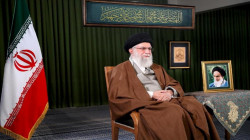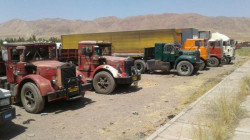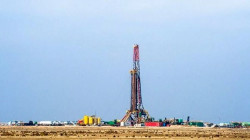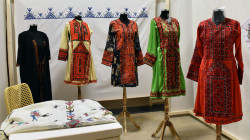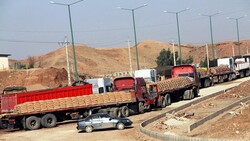Iran invests over $1 billion in shared oil field with Iraq
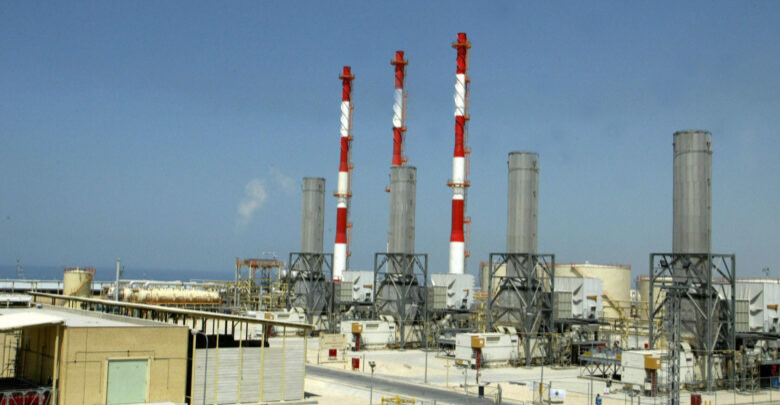
Shafaq News/ On Sunday, Iran's Economic Council approved new oil contracts worth over $1 billion in investment to develop the second phase of the Azar oil field, jointly owned with Iraq and located in western Iran's Ilam province.
Keyvan Yarahmadi, Executive Director of Azar Oil Field Development Program, told the Iranian news agency IRNA, "The contract will take effect before the end of this year (March), once the contractor meets the basic contract conditions and the employer completes the necessary procedures."
Yarahmadi also noted the "upcoming launch of Dehloran gas and NGL-3100 plant," highlighting that "the associated gas compression and sweetening facilities at the Azar field, completed earlier, have been inaugurated and are ready to supply gas to the plant."
"Accordingly, all activities for the first phase of the field's development will be outlined, and the key milestone—marking the project's turning point—will be completed,” he noted. “The first phase of the plant’s development will achieve its goals, meeting all contractual objectives and ensuring Iran’s share of over 70%, resulting in the production of 83 million barrels of oil and nearly $6 billion in revenue."
About the Field
The Azar field, located 25 km from Mehran near the Iran-Iraq border, is one of Iran's most complex fields. Oil extraction from this field began 8 years ago. It holds 2.5 billion barrels of crude oil, with an estimated recoverable quantity of 400 million barrels.
The Iranian government previously announced that the Azar oil field, shared with Iraq's Wasit province, produces 65,000 barrels per day. The investment project, costing €1.4 million ($1,443,400), includes 20 drilled oil wells.
Earlier, Former Iraqi Oil Minister Ihsan Abdul-Jabbar told Shafaq News that Iraq does not face significant losses in its shared fields with neighboring countries, adding that “the ministry is continuing to develop these fields and boost crude production.”
Notably, Iraq has 24 shared oil fields with Iran, Kuwait, and Syria, 15 of which are producing. Key fields include Safwan, Rumaila, and Zubair with Kuwait, and Majnoon, Abu Gharb, Buzurgan, Fakka, and Naft Khana with Iran.
